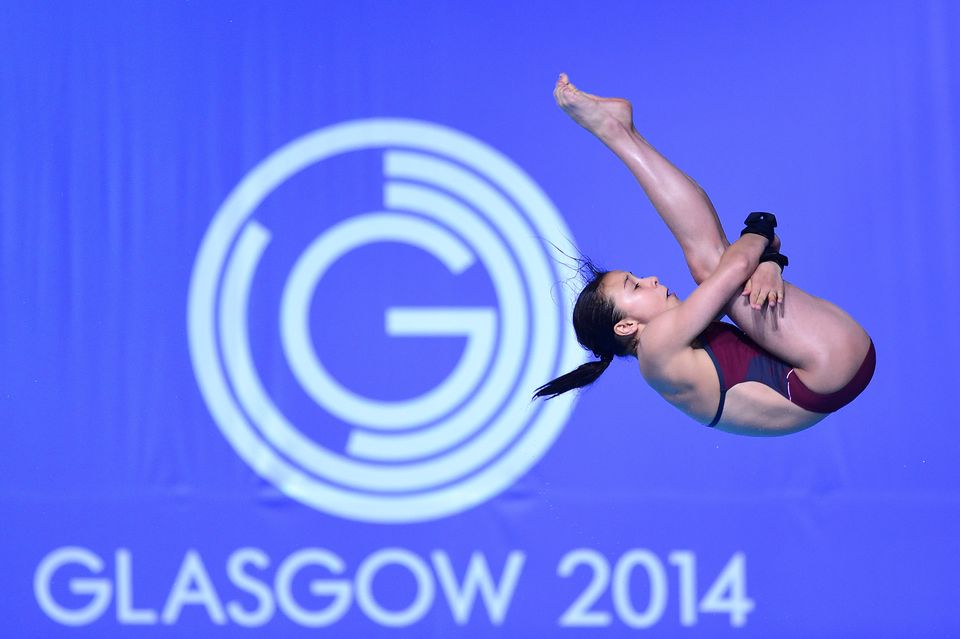Scotland’s First Minister has hinted that the already scaled-back programme for the 2026 Commonwealth Games could be cut further if costs spiral.
John Swinney said the Scottish Government has reached an agreement with the Commonwealth Games Foundation which means no public funding is required for the event, which will return to Glasgow in less than two years.
Speaking to journalists at an event in the city as the “slimmed-down” number of sports was announced on Tuesday, the First Minister pointed to the perilous state of public finances.
Asked if an increase in costs could result in the 10 sports announced for the Games being cut further, Mr Swinney said: “That’s obviously to be avoided.
“But what that puts is the onus on making sure that there is effective financial control in place around the preparation of the Games.
“That is what I know the board will be focusing on.”
The First Minister added that there cannot and will not be a situation where public money is spent on the Games.
“I’ve been very clear with the public that there are huge pressures on the public finances, so there could not be a call on the public finances for any financial support,” he said.
“We have secured assurance on both the preparatory time and also on the control of costs, that there will be no call on the public purse and, indeed, there cannot be a call on the public purse by the agreement that we have negotiated.
“I am confident the public purse is protected.”
While he accepted the “tough times” financially, Mr Swinney said it is important to “celebrate excellence”, while touting the estimated £100 million in inward investment the Games will bring to Scotland’s biggest city.
Glasgow last hosted the Games in 2014 (Tim Ireland/PA)
The funding provided, Mr Swinney added, will also cover the cost of policing.
The Scottish Police Federation previously raised concerns about how the security of the Games would be funded, but Mr Swinney said: “These are costs that are implicit in the funding of the Commonwealth Games and it’s important that those costs are met from within that budget.”
The new “slimmed-down” programme, the First Minister said, could also inform how future Games are hosted, claiming the event “has got to change if it’s going to go forward in future years” and describing the previous model seen in Glasgow in 2014 of a massive event “has probably had its day”.
The Games will feature a 10-sport programme across four venues within an eight-mile corridor, with more than 500,000 tickets made available for spectators.
Athletics and swimming are included as compulsory sports for 2026 while there will also be track cycling, gymnastics, netball, weightlifting, boxing, judo, bowls and 3×3 basketball.
There will also be integrated para events in six of those sports – athletics, swimming, track cycling, weightlifting, bowls and basketball.
Among the sports missing out compared to the 2022 Games in Birmingham are triathlon, diving, hockey, T20 cricket, squash, badminton and rugby sevens.
Commonwealth Games Scotland chairman Ian Reid said it was not easy to decide which sports to include.
He told BBC Radio Scotland’s Good Morning Scotland programme: “I think everybody recognises that these events need to be more affordable, lighter and we would have loved to have all of our sports and all of our athletes competing but unfortunately it’s just not deliverable or affordable for this time frame.”
